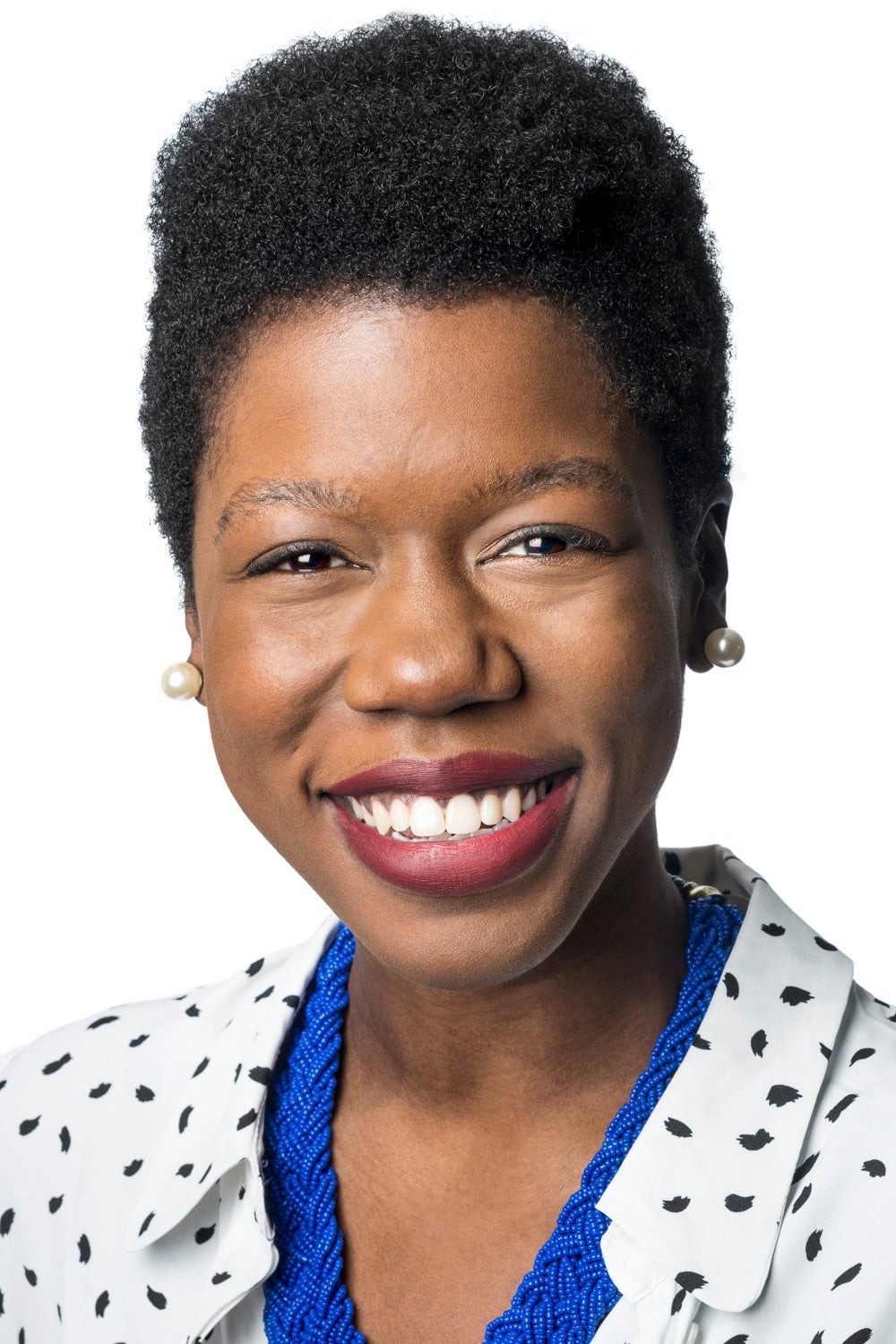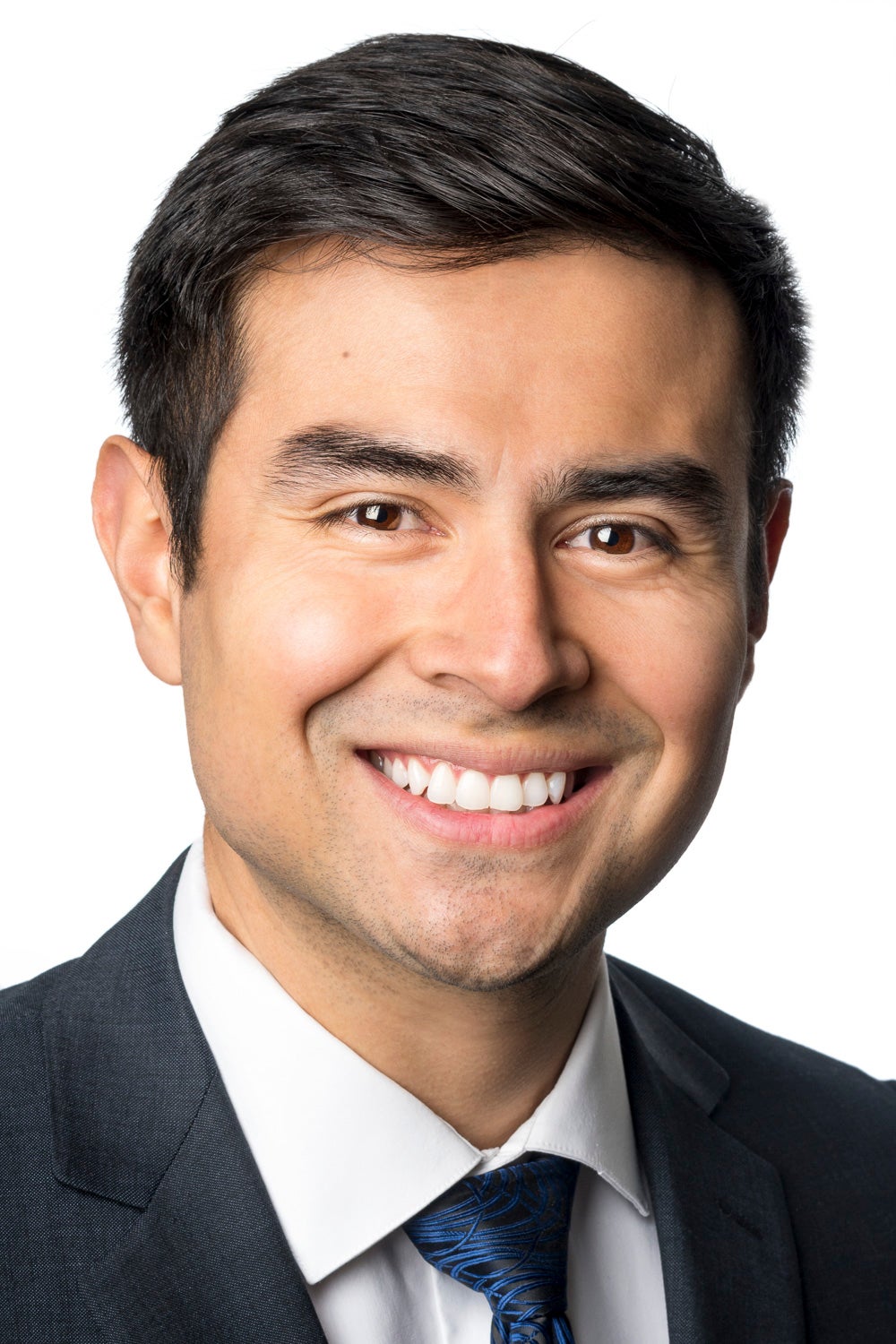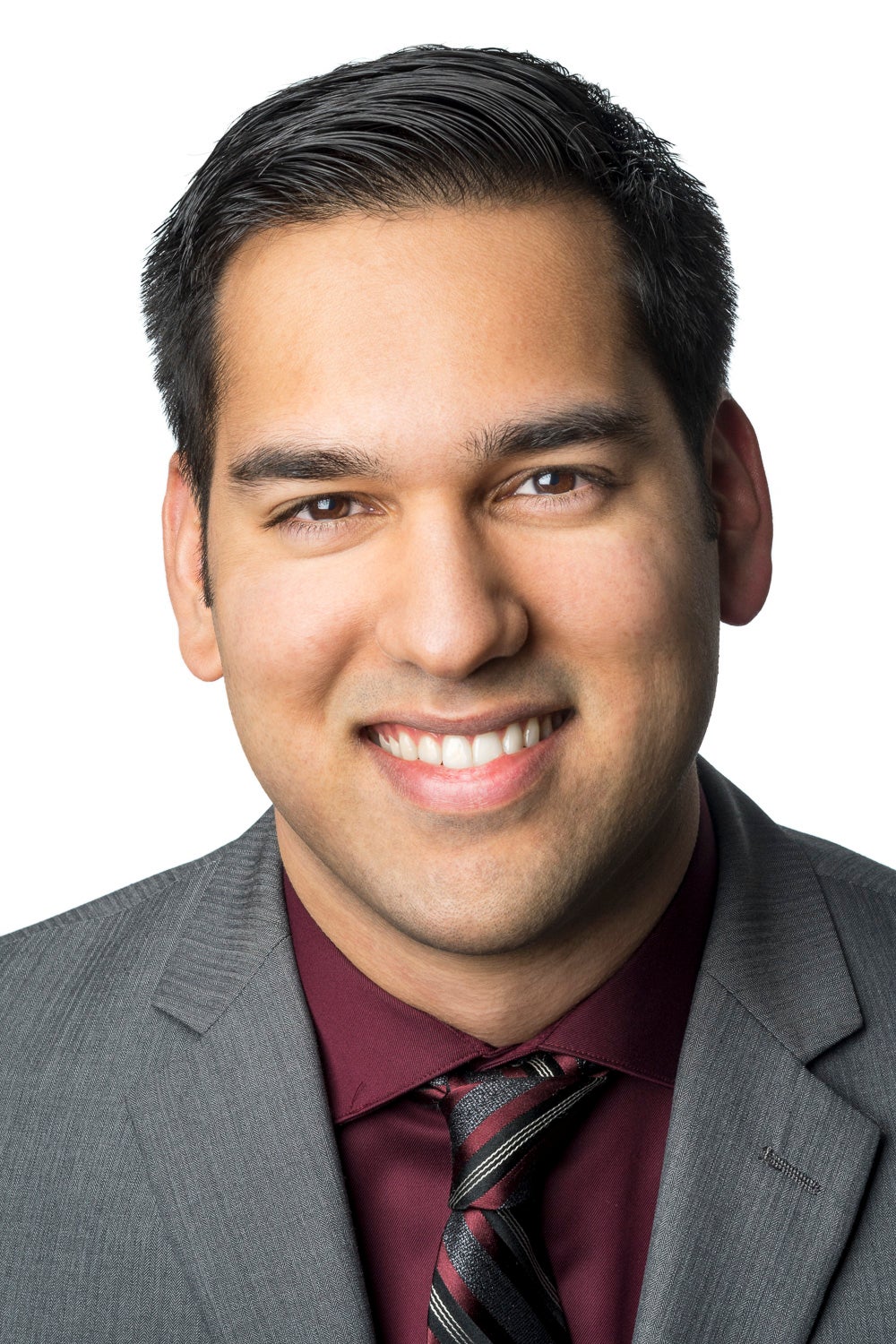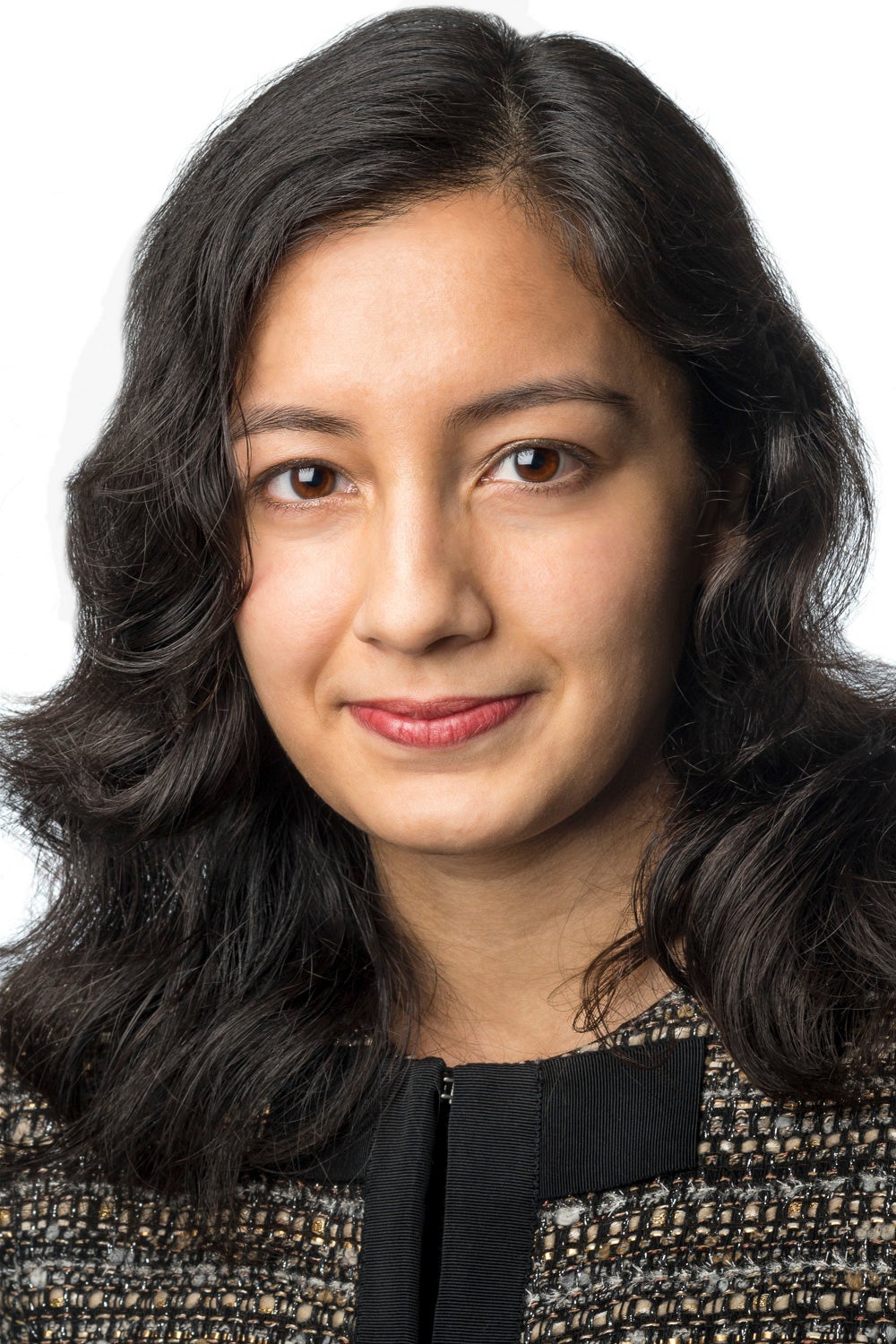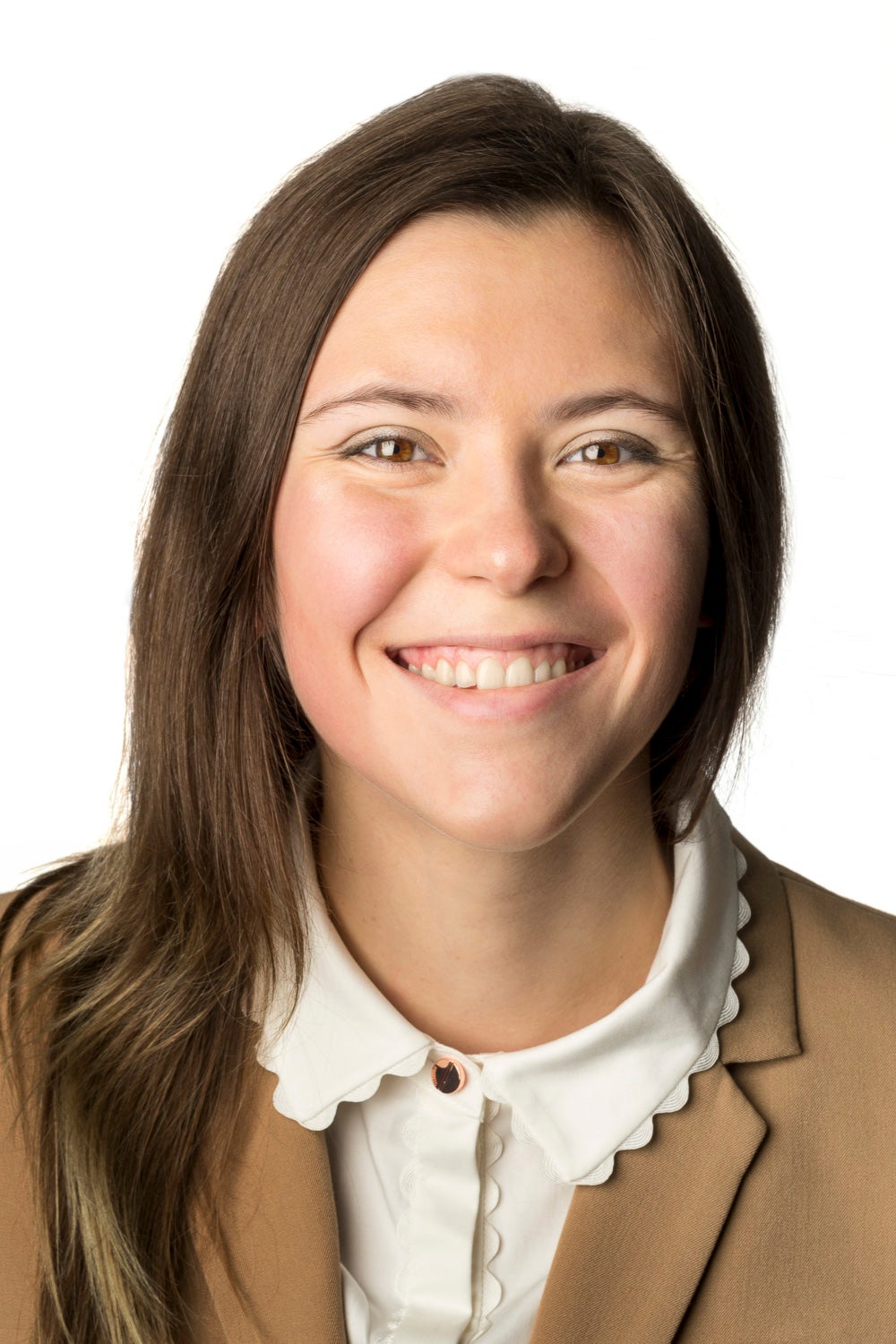Five scholars with Stanford ties awarded 2019 Soros Fellowships for New Americans
Five scholars with Stanford affiliations have won Soros Fellowships, which provide financial support for graduate study at any U.S. university. Soros Fellows are either immigrants or the children of immigrants and are selected based on merit.
Five scholars with Stanford affiliations are among the 30 people awarded 2019 Paul & Daisy Soros Fellowships for New Americans.
They will use the fellowships to support work toward graduate degrees at Stanford School of Medicine, Princeton University and the Massachusetts Institute of Technology.
The late Paul and Daisy Soros, Hungarian immigrants and American philanthropists, established the program in 1997. The couple wanted to give back to the country that had given so much to them and their children, to address an unmet need by assisting “young New Americans at critical points in their educations” and to call attention to the extensive and diverse contributions of immigrants to the quality of life in the United States.
Each fellow receives tuition and living expenses that can total as much as $90,000 over two academic years. Recipients can study in any degree-granting graduate program in any field at any university in the United States. Recipients, who are immigrants and the children of immigrants, are selected for fellowships based on merit, with an emphasis on creativity, originality, initiative and sustained accomplishments.
Five of the 30 scholars named 2019 Soros Fellows have Stanford affiliations:
Harriet Kiwanuka, a second-year medical student, will use the award to support work toward her MD degree at Stanford School of Medicine.
Kiwanuka, whose parents emigrated from Uganda, was born in Norwood, Massachusetts.
She traces her passion to pursue medicine – finding ways to improve treatment of burn and trauma patients – to the time her parents were severely injured in a house fire.
Kiwanuka, who earned a bachelor’s degree in politics from Princeton in 2015, spent her college summers and two years after graduation conducting research on burn care and on face and hand transplantation treatment at Brigham and Women’s Hospital in Boston.
At Stanford, Kiwanuka is a member of the Gurtner Laboratory, which is interested in the mechanism of blood vessel growth following injury, and how pathways of tissue regeneration and fibrosis interact in wound healing. Her research is focused on CRISPR-cas9 engineered stem cell burn therapy.
Kiwanuka has co-authored many articles, including “Increasing Ambulatory Treatment of Pediatric Minor Burns – The Emerging Paradigm for Burn Care in Children,” published in Burns: Journal of the International Society for Burn Injuries in February 2019.
She hopes to become a plastic and reconstructive surgeon specializing in burn management.
Joseph Maalouf, ’17, will use the award to support work toward a doctorate in chemical engineering at the Massachusetts Institute of Technology in Cambridge, Massachusetts.
Maalouf, a National Science Foundation Graduate Research Fellow, is a second-year doctoral student at MIT.
He was born and raised in Las Vegas, Nevada, to parents who emigrated from Lebanon and Mexico. His interest in chemical engineering stemmed from working summers in his father’s automotive repair shop.
At Stanford, Maalouf earned a bachelor’s degree with honors and distinction in chemical engineering. His research in the Cargnello Lab focused on efficiently using expensive noble metal catalysts, such as palladium, to convert methane to carbon dioxide at low temperatures – research that resulted in his honors thesis, “Heterobimetallic Complexes as Controlled Precursors for Promoted Single Site Catalysts.”
At MIT, Maalouf is studying ways to use electricity and water to oxidize molecules into the building blocks of materials like plastics or pharmaceuticals. He hopes to use his research to start a company that is able to replace the way chemicals are made today with more environmentally friendly methods that take advantage of renewable electricity.
In 2017, Maalouf won a Frederick Emmons Terman Engineering Scholastic Award, which is presented to the top 5 percent of each year’s undergraduate senior engineering class by the School of Engineering.
Shamik Mascharak, ’15, will use the award to support work toward an MD/PhD in stem cell biology and regenerative medicine at Stanford School of Medicine.
Mascharak, a second-year medical student who earned a bachelor’s degree in bioengineering at Stanford, will begin his doctoral studies this summer.
He was born in Santa Cruz, California, to parents who emigrated from India.
As an undergraduate, Mascharak did research in the Heilshorn Biomaterials Group, where he explored new grafting materials to be used in vascular bypass surgery, which relies on grafts to reroute blood flow. Current graft materials are notorious for integrating into the vascular system very slowly – if at all – and often fail, requiring more surgery. In the lab, Mascharak used a particular recombinant protein, called elastin-like protein, to manufacture a family of biomaterials that could one day be used as vascular grafting materials – research that resulted in his honors thesis.
In 2015, he won a Firestone Medal for Excellence in Undergraduate Research for his honors thesis, “Elucidation of Topographical Design Principles for Electrospun Matrices.”
During his junior and senior years – and two years after graduating – Mascharak volunteered and shadowed doctors at the Santa Clara Valley Medical Center and the Stanford Cancer Center.
After learning that doctors had few tools for screening people for neck and head cancers, he designed a machine learning algorithm to identify imaging features of throat cancer. He is the first author of “Detecting Oropharyngeal Carcinoma Using Multispectral, Narrow-Band Imaging and Machine Learning,” published in The Laryngoscope in March 2018.
Mascharak is conducting his PhD thesis research in the Longaker Laboratory, where he is working alongside surgeons to better understand the complex biology of wound healing and tissue regeneration. He has co-authored several articles, including “Doxycycline Reduces Scar Thickness and Improves Collagen Architecture,” published in Annals of Surgery in December 2018.
He hopes to continue working at the intersection of engineering and surgery as a principal investigator to devise entirely new standards of medical care.
Indira Puri, ’17, a National Science Foundation Graduate Research Fellow and master’s candidate in computer science, will use the award to support work toward a doctorate in economics at the Massachusetts Institute of Technology in Cambridge, Massachusetts.
Puri earned a bachelor’s degree in mathematics and a bachelor’s degree with honors in economics at Stanford. She was born in New York City to parents who emigrated from India.
As an undergraduate, Puri won a 2017 J.E. Wallace Sterling Award for Scholastic Achievement, which is awarded to the top 25 graduating seniors in the School of Humanities and Sciences.
She also won a 2017 Firestone Medal for Excellence in Undergraduate Research for her thesis “On the Probability of Receiving a Top Choice Match.”
During her junior year, Puri was inducted into Phi Beta Kappa, a nationwide society honoring students for the excellence and breadth of their undergraduate scholarly accomplishments.
Puri serves as a graduate community co-chair of Stanford Women in Computer Science, a student organization that promotes and supports the growing community of women in computer science and technology. She has also served as president of Stanford Chess.
Nina Zubrilina, a senior majoring in mathematics, will use the award to support work toward a doctorate in mathematics at Princeton University.
Zubrilina, who was born in the United States, returned to Moscow with her Russian parents shortly after she was born.
In 2018, Zubrilina received a Barry M. Goldwater Scholarship, which is designed to foster and encourage outstanding students to pursue careers in the fields of mathematics, the natural sciences and engineering. This year, she received honorable mention in the Alice T. Schafer Mathematics Prize, which is awarded by the Association for Women in Mathematics to undergraduate women for excellence in mathematics.
Currently, she is working with Thomas Church, an assistant professor of mathematics at Stanford, on a project on phylogenetic trees, which are used to understand the evolutionary relationships between different species.
Zubrilina, who worked as a photographer for the Stanford Daily, is a member of the student-run a cappella group Everyday People, which performs hip-hop, Motown, R&B and soul. She serves as a teaching assistant at Euler Circle, a mathematics institute for advanced high school students in the Bay Area.
She hopes to become a professor of mathematics.

